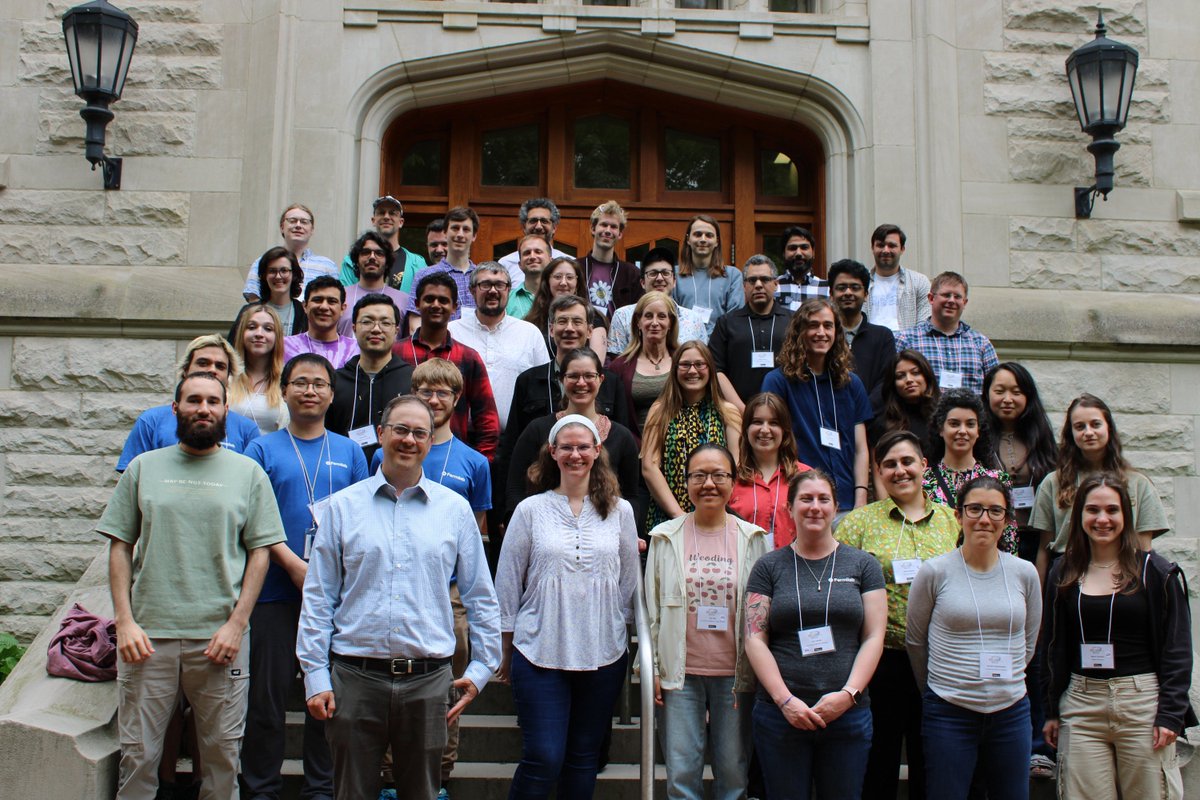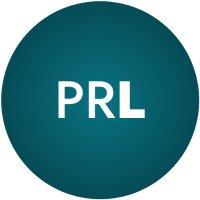
MicroBooNE
@microboone
precision neutrino physics now and for the future
ID: 2634470896
http://www-microboone.fnal.gov 23-06-2014 12:55:29
531 Tweet
1,1K Followers
54 Following



We had three fantastic talks covering our cross-section program at #ICHEP2024 - thanks to Marina Reggiani-Guzzo Particle Physics Experiment - PPE - Edinburgh, Richard Diurba Universität Bern LHEP, and Mike Kirby Brookhaven Lab!
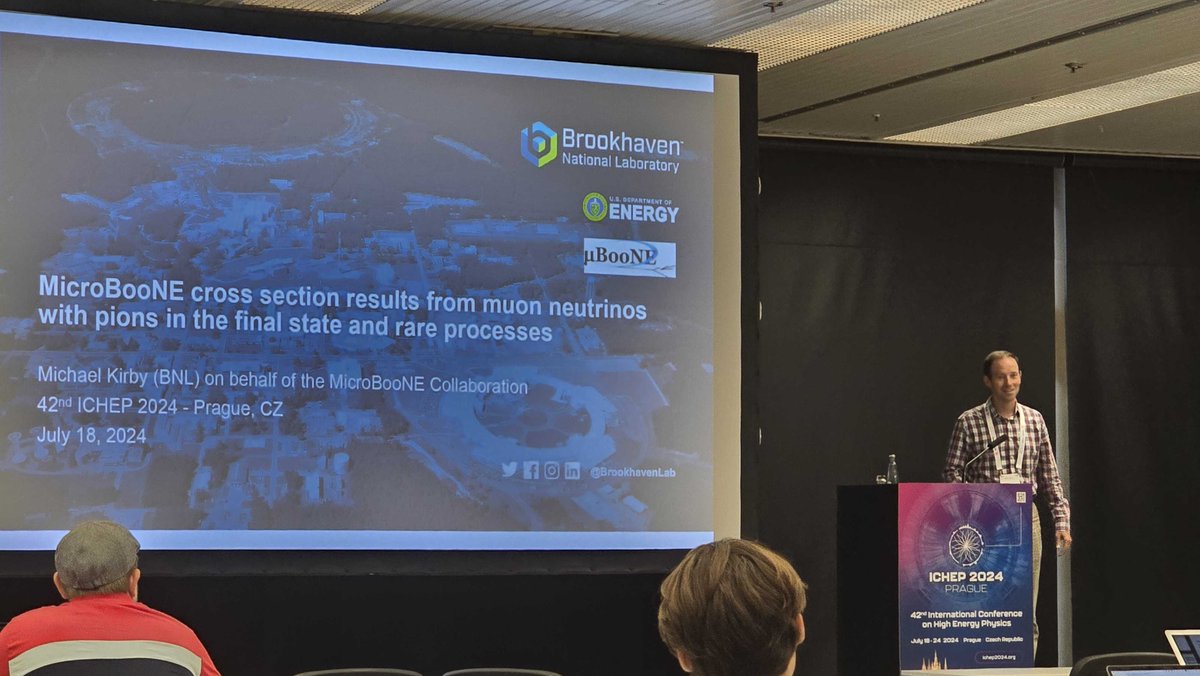


Another talk at #ICHEP2024 - this time Xiao Luo from UCSB UC Santa Barbara, giving a great overview of our single-photon low-energy excess searches!


Congratulations to Ben Bogart University of Michigan on a fantastic Wine and Cheese seminar about MicroBooNE's latest muon neutrino cross section measurements! This is the most detailed investigation of final states with and without protons we've ever published.
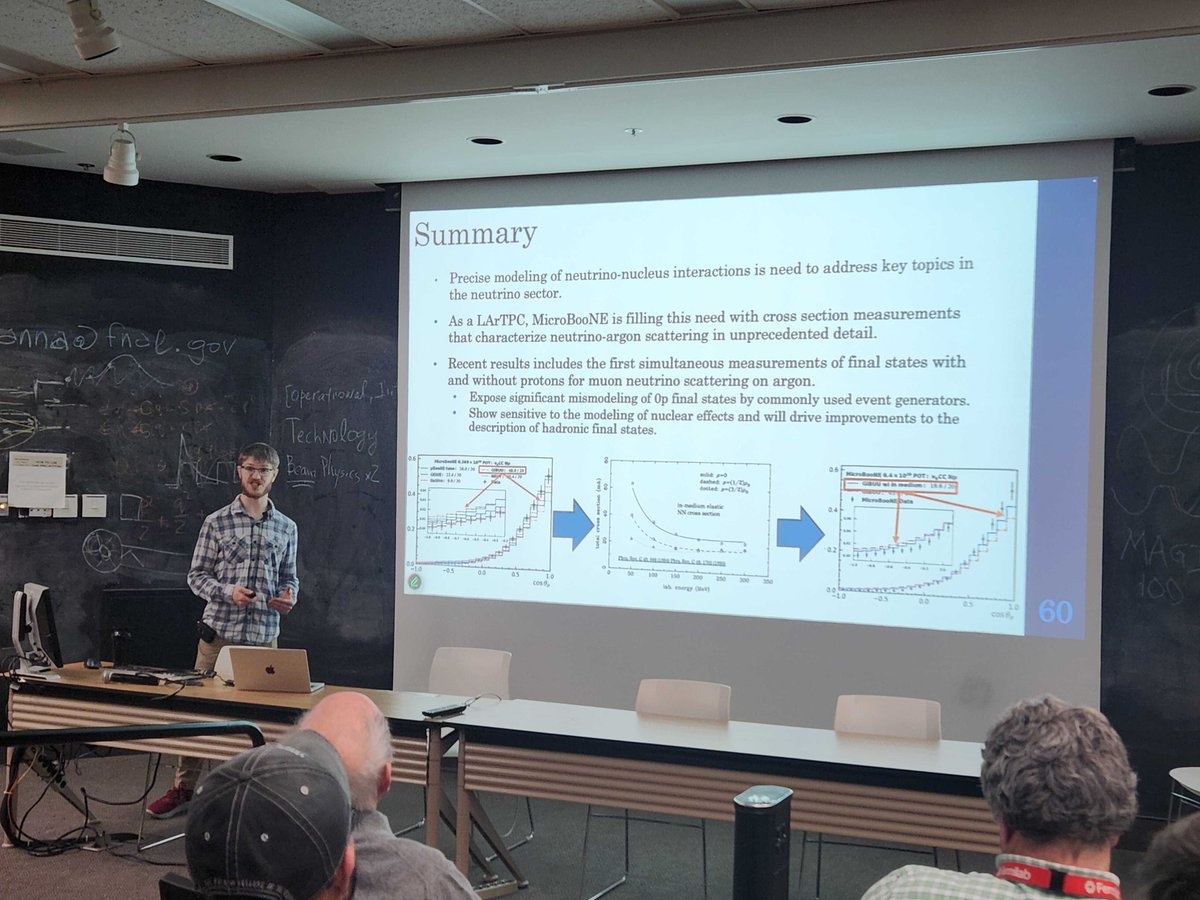

Congratulations to MicroBooNE collaborator Karolina Wresilo, of Cambridge High Energy Physics Group, who won the local Fermilab Research SLAM and will travel to Washington, D.C. to participate in the National Lab Research SLAM in March 2025.
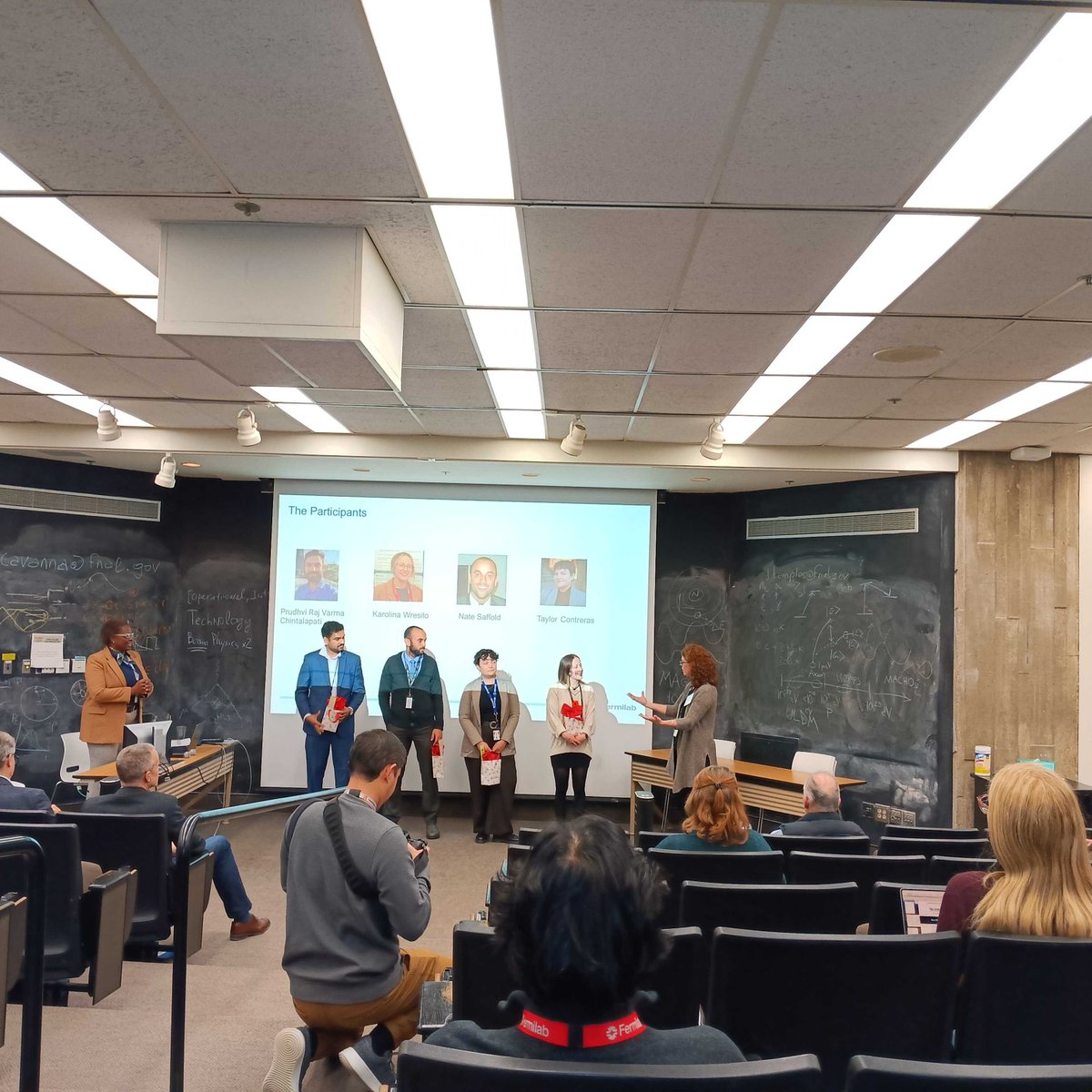



This week, we’re at the The University of Edinburgh for our collaboration meeting, discussing our physics goals for 2025. It’s going to be a very exciting year! Thanks to Particle Physics Experiment - PPE - Edinburgh for hosting us!
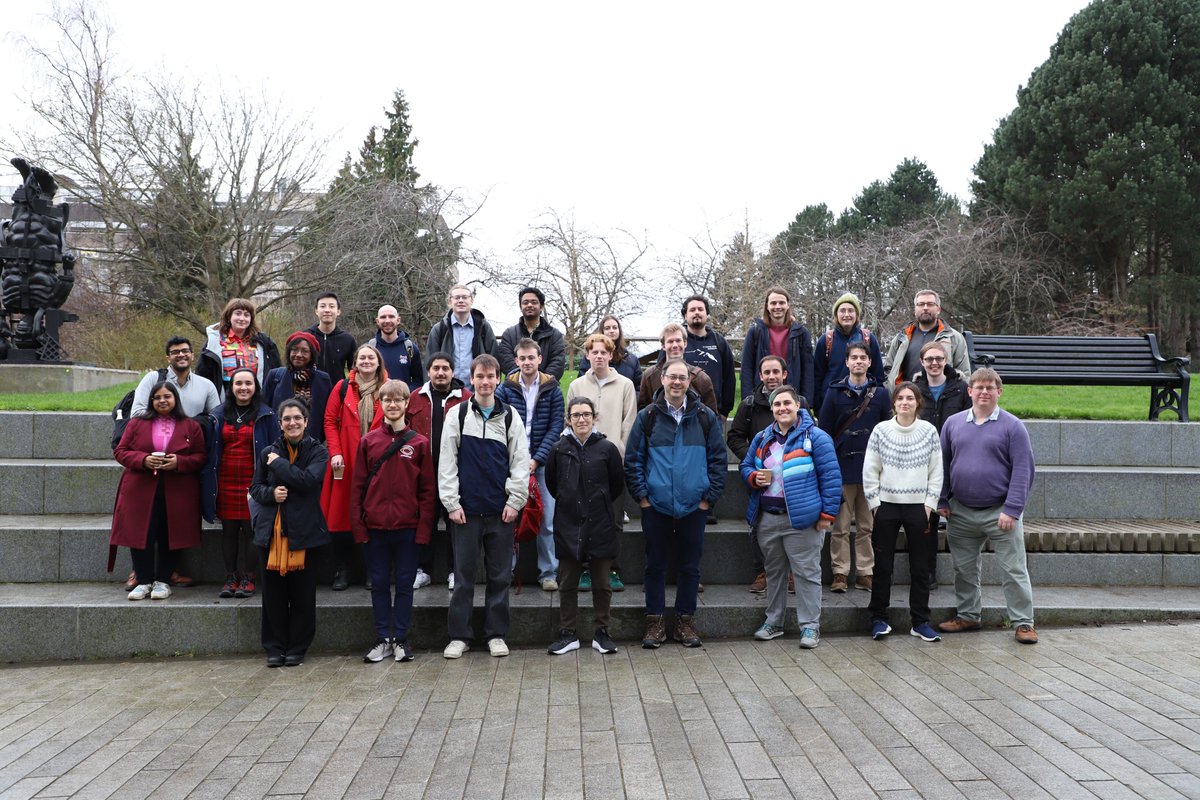

Lee Hagaman of UChiPhysicalSciences and Erin Yandel of Los Alamos National Laboratory have just released our newest results, presenting three different searches for single-photon production in neutrino-argon interactions. You can read our three papers at microboone.fnal.gov/single-photon-….


On Friday, Mark Ross-Lonergan of Columbia Physics Department presented another new MicroBooNE result: our first search for dark sector e⁺e⁻ explanations of the MiniBooNE anomaly. You can read the paper here: microboone.fnal.gov/ee-2025/
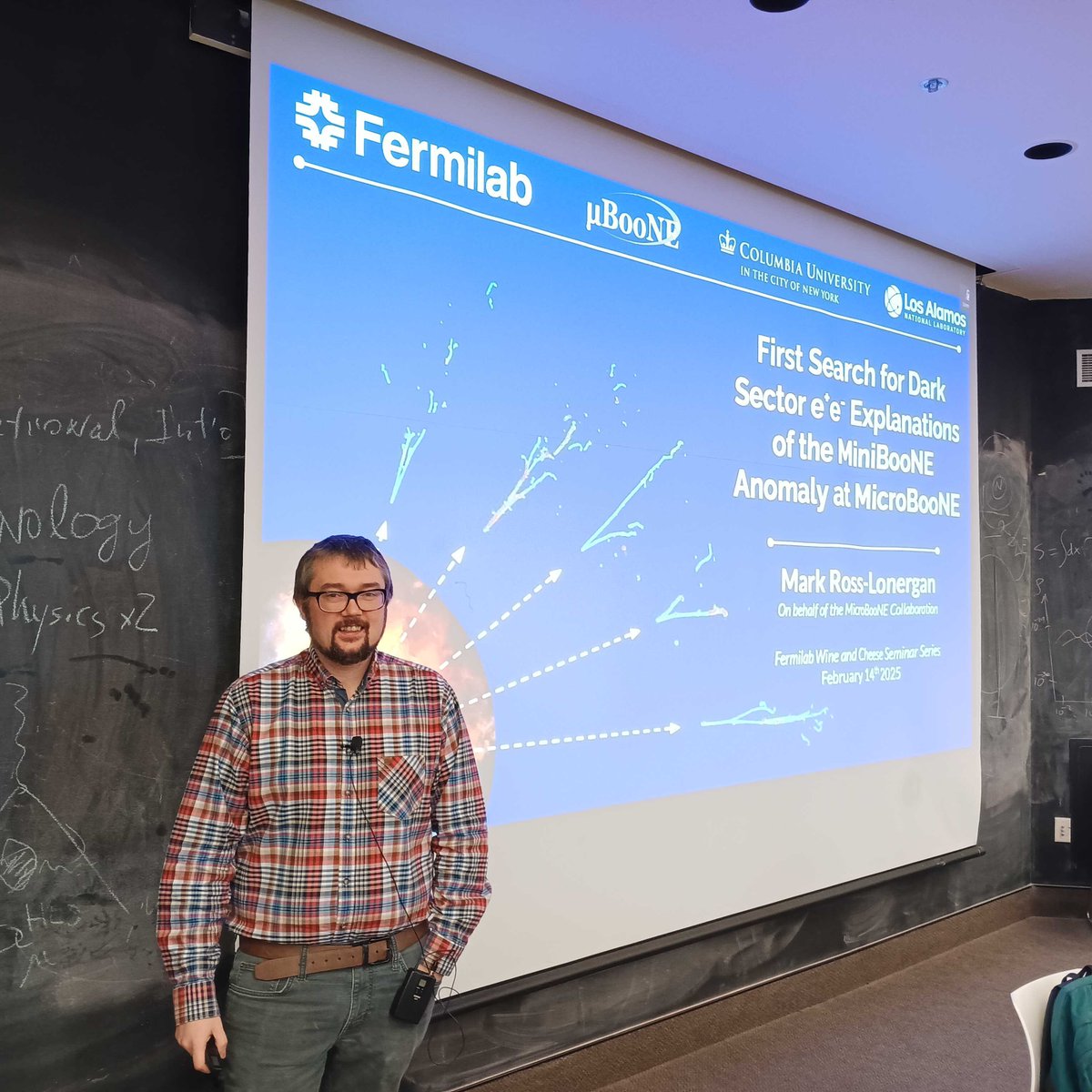

Congratulations to MicroBooNE collaborator Karolina Wresilo of Cambridge High Energy Physics Group for winning the US National Lab Physics Slam in the Scientific Discovery category, explaining how neutrinos can explain the origins of the Universe.
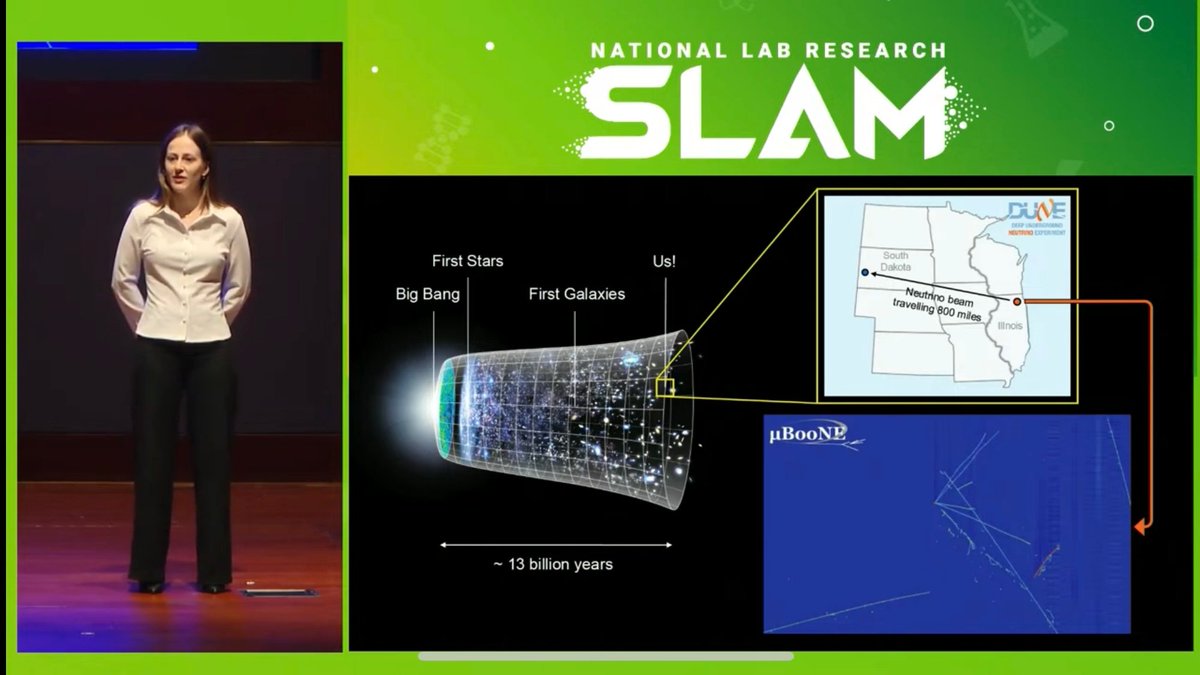

Last week, we gathered at IU Bloomington for our May collaboration meeting. We spent four days discussing our exciting plans to search for new physics and probe neutrino-argon interactions.
